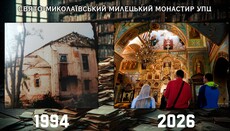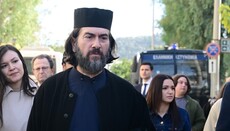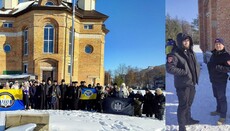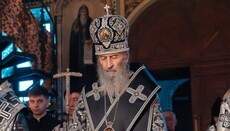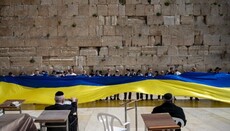Hierarch of Lviv RCC: Church and language issues fuel unnecessary tensions
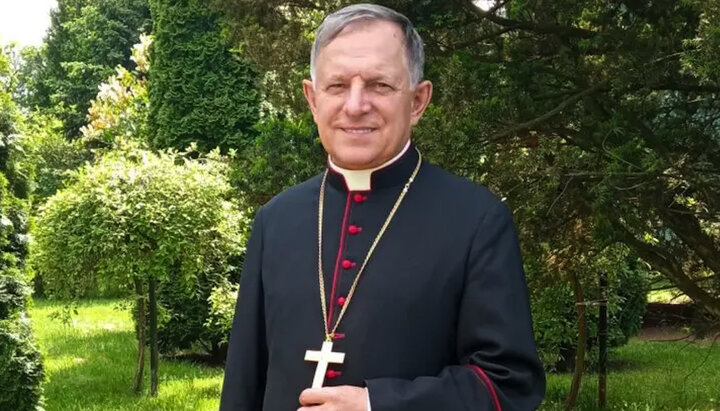
Mieczysław Mokrzycki believes that it is dangerous to ban the Russian language in Ukraine, while its Russian-speaking citizens are no less Ukrainian than everyone else.
Archbishop-Metropolitan of the Lviv Archdiocese of the RCC Mieczysław Mokrzycki said that the issues related to the Church and language inflame disagreements in Ukrainian society, according to the Italian edition Avvenire.
In the context of the conversation that today in Ukraine everything Russian is considered “hostile”, the archbishop said that “this is a completely understandable reaction”, which is “an external sign of protection and protest: protection from an aggressor who has been devastating the country and sowing death, pain, separation for eight months; protest to reiterate that no one here wants war.”
He noted that "most of the refugees who come here, to Lviv, speak Russian, but this does not make them less Ukrainians." “On the contrary, in many cases they have relatives and friends who are fighting at the front for the freedom of the country,” Mieczysław Mokrzycki stressed.
“Therefore, banning the Russian language, as it was decided at the state level, can be dangerous. This means the marginalization of part of the country,” the Catholic hierarch believes.
“When the governor of the region visited one of our diocesan reception centers, he heard one of the refugees say: ‘We feel good here in Lviv, and we thank you. But if we go outside and speak Russian, we are immediately singled out,’” said Mokrzycki and advised Ukraine to take Switzerland as a model, "where there are four official languages."
According to him, the Apostolic Nunciature in Kyiv is against any restrictive measures affecting the church community. “Pointing a finger at the language or the Church can become a source of even greater pain for the people and fuel tensions that Ukraine does not need,” the Catholic Archbishop of Lviv emphasized.
Earlier, the UOJ wrote that, according to Mokrzycki, the UOC is the Church of the people.
